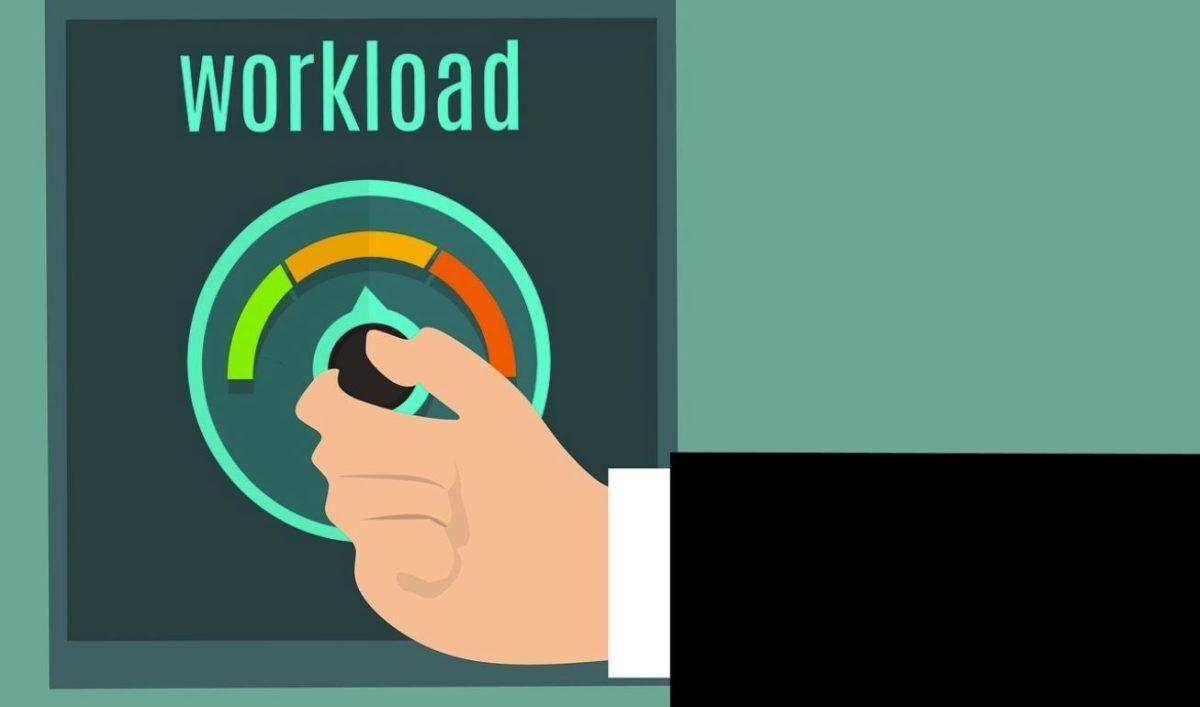I think it’s fair to say that it can feel as though we live in an age of impossible expectations. Often, people find themselves wanting more out life, for less. That on its own is not a bad thing; it is the ever-present hunger for efficiency and results that serves as the engine that drives society forward.
As students, we find ourselves at the forefront of this engine, anxious and yearning to become a part of it through our professions. What’s more, as the most technologically-literate and capable generation of students in history, the expectations of what we’ll accomplish often surpass that of our predecessors.
However, it often seems like an uphill battle — trying prove ourselves ready, as the gauntlet of school continually bombards us with homework, essays, reports, labs and projects, to the point that we lose of track of what we’re even doing and why.
Burnout is a very real – and serious – problem faced by college students, and it is made even more dangerous by the implications of its presence on college campuses.
If college is to be a microcosm of the working world, then chronic frustration and exhaustion, with a seemingly never-ending workload, now sets a dangerous precedent for our attitudes toward our future careers.
So, what do we do about it?
Well, next time you have a free hour, try this:
Make a list of every assignment that you know you have for the week – when it’s due and for which class – and don’t even think about next week. Put them in order by their due dates. Then, put the list down, and go spend an hour with yourself or your friends.
When you get back, do the first assignment on the list, but don’t do anymore after that. Check completed work off the list, and get back to it the next day. If you feel yourself getting into a rhythm, however, keep going. But stop once you’ve done enough.
The above method is what works for me, and, while it may not work for everyone, I believe that every great student needs a way of pacing themselves. Simply getting the work done isn’t as important as the manner and speed at which you do it, as both are frequent indicators of the quality of your work – or the lack thereof.
In a previous edition of The Whit, I stressed the importance of adequate sleep and eating as part of coping with online classes, but that idea holds true for anyone dealing with a heavy workload. More often than not, when our workload seems unmanageable, it is more so the result of a self-imposed lack of balance between work and rest, than it is a natural accumulation of tasks.
So many of us like to take a step backward, viewing our workload as one giant mass to be conquered. This makes it easier for us to put it into perspective, while also allowing us to feel in control. But we neglect to take a big step forward and dismantle the work, piece by piece.
Instead, we try to do it all at once – which isn’t what our work was designed or intended for. And, once we do that enough times, it becomes the norm, and we begin to hate working, generally, because it always seems like too much to do.
I previously emphasized the importance of taking responsibility for one’s attitude toward their academic work, as it gives them full control – based on the effort that they put in. The same logic applies to your workload; rather than blame professors for assigning so much work, take it upon yourself to never have more than three upcoming, incomplete assignments on your schedule at any given time.
Friends to whom I’ve given this advice tell me, “there’s not enough time!” And to that I say, “If it’s important enough, you make the time.”
For comments/questions about this story, email [email protected] or tweet @TheWhitOnline.
























































































































































!["Working with [Dr. Lynch] is always a learning experience for me. She is a treasure,” said Thomas. - Staff Writer / Kacie Scibilia](https://thewhitonline.com/wp-content/uploads/2025/04/choir-1-1200x694.jpg)









































